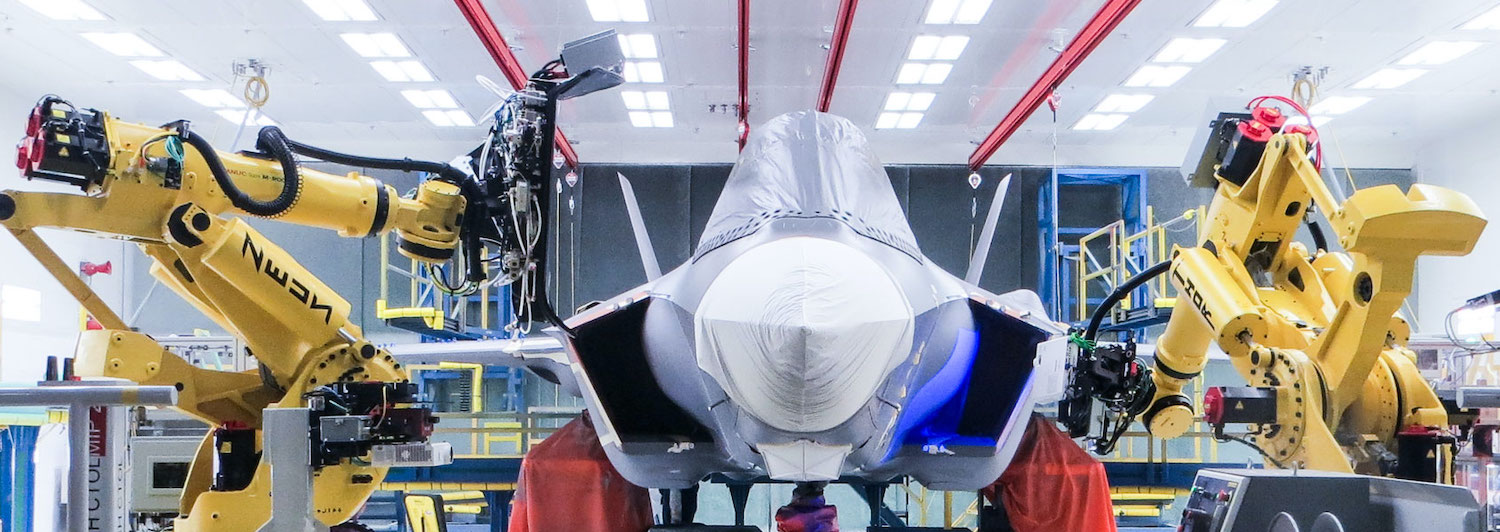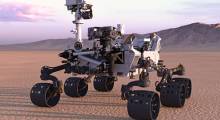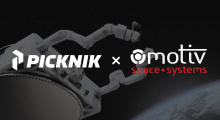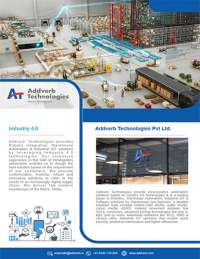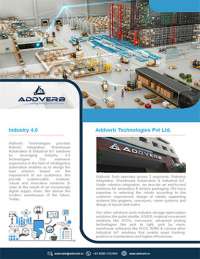The backlog in aircraft orders will create growth avenues for the aerospace robotics industry in the coming years, according to a report from Allied Market Research. Furthermore, robots can enable applications including drilling, welding of aircraft components, and handling of aircraft parts.
Emerging technologies that are part of Industry 4.0, such as artificial intelligence, the Internet of Things (IoT), and augmented and virtual reality, will boost global market trends, said the research firm. In addition, the growing demand for smart mobility will contribute to aerospace robotics revenue.
The global aerospace robotics industry could garner revenue worth nearly $9.2 billion by 2030, predicted the Allied Market Research study.
Aerospace robotics trends
In addition to launching new robots in pursuit of global market leadership, several aerospace automation suppliers have entered into partnerships. The goal is to increase the presence of their brands across new geographic regions and to build a strong support infrastructure for their autonomous systems.
Renewed spending in the defense sector is also helping the aviation and robotics industries. Aerospace robot vendors must demonstrate their value propositions for their customers, whether governmental or corporate.
Strategic collaborations can help both smaller robot companies and profitable enterprises acquire and retain customers by positioning their integrated products in a larger ecosystem. New products and partnerships reassure the market that players will maintain continuity and be around for a while, noted Allied Market Research.
Supply chain robots to benefit aerospace
Last year, Addverb Technologies launched Veloce, a mobile robot for multi-carton picking (see video below). Veloce increases utilization of vertical storage and enhances the throughput manifold, thereby assisting customers with costly warehouse space and rentals, it said.
Attabotics, which claimed to be “the world's first 3D robotics supply chain firm,” launched the latest version of Attabot. The company said it is the first commercialized version of its proprietary system.
Attabot's simplified mechatronic design is intended to reduce operational costs and enhance the efficiency of automated picking and packaging. Such design principles and supply chain automation could also benefit the aerospace industry.
In another product-launch example, SIXAI declared that it plans to install an AI-driven robot in factories around the world. SIXAI, the parent of 634AI, said it will deploy nearly 200 autonomous mobile robots (AMRs) in 35 manufacturing facilities.
The company also serves the Israeli aerospace industry, so its deployment could boost the expansion of the entire global aerospace robotics sector.
Strategic collaborations lift off
Autonomous systems provider Reliable Robotics and Kenya-based cargo airline Astral Aviation have partnered to enhance the safety and connectivity of Sub-Saharan Africa with automated aircraft. In addition, Reliable Robotics has worked with the Federal Aviation Administration to certify its aerial drones.
Last week, Reliable Robotics announced that it had won a U.S. Air Force contract to study the automation of large aircraft.
Furthermore, Redwire Corp., a player in the space infrastructure industry, signed a memorandum of understanding (MOU) with Swedish Space Corp. and Bradford Space to develop commercial orbital debris-removal systems. This collaboration could help Redwire expand its aerospace robotics portfolio.
In November 2022, additive manufacturing firm Optomec and material-removal systems maker Acme Manufacturing partnered to produce an automated workcell initially optimized for repairing aviation compressor blades made of titanium.
In January 2023, Lockheed Martin Ventures invested $21.8 million in Machina Labs for automated sheet-metal manufacturing. RobotWorx, recently acquired by T.I.E. Industrial, offers robots from FANUC and KUKA for aerospace manufacturing.
In pursuit of global branding and maximized revenues, robotics companies are launching new products and finding partners. These strategies will also help these businesses and the global aerospace robotics market thrive in the long run.

About the author
Dhananjay Punekar is a senior specialist content writer at Allied Market Research. He is an avid writer and book reader, as well as a sports watcher. Punekar holds a postgraduate degree in management and can be reached at [email protected].
Article topics
Email Sign Up



